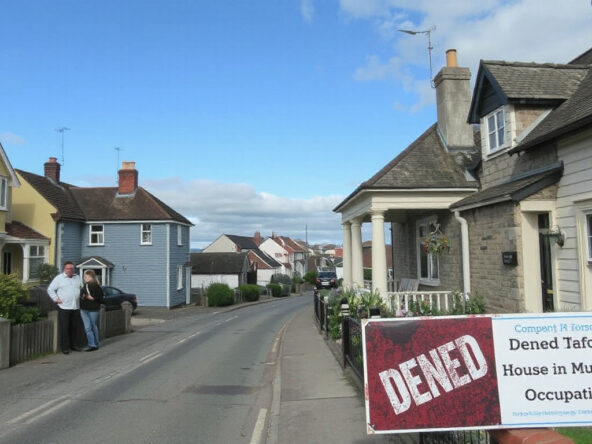How Much Council Tax Will You Have to Pay on a Second Home? An Overview for Property Investors
Property investment changes fast. New rules put higher council tax on second homes in England from April 2025. Local councils get a power to raise tax by up to 100% on homes that do not serve as a main address. Investors need to know what this means and plan for higher bills.
Increased Council Tax Liability from April 2025
From April 2025, owners of a second home see their council tax bill rise. For example, Band D properties could see their bill go from about £2,171 to around £4,342 each year. Local councils voted in early 2024 to add this extra charge on non-primary homes. Over 150 councils in England plan to use this rule. Many areas known for holiday homes, like Cornwall, South Hams, and Cumberland, join this list.
"This tax hike is another challenge for property investors already burdened with higher stamp duty costs and restrictions on mortgage interest relief for buy-to-let properties," said Marc Shoffman from MoneyWeek.
Rationale Behind the Council Tax Premium
Local councils want to free up homes that are second homes. They see many second homes as vacation spots. Officials hope that more homes will be used for everyday living. A study by the Local Government Chronicle shows that councils might make over £100 million each year with this tax change.
Impact on Different Property Types
Second Homes
A property becomes a second home when it is not the main address. If you own one in a council area that applies the extra charge, your tax bill could be much higher. This may change how you manage your money.
Buy-to-Let Properties
Owners of buy-to-let homes do not usually pay the extra tax. Tenants pay council tax in most cases. If your buy-to-let is treated as a House in Multiple Occupation (HMO), you must pay the council tax. In such cases, you can include the cost in rent.
Empty Properties and Holiday Lets
Empty homes may see an extra charge. The charge changes with the length of vacancy. If you convert your property to a holiday let and meet rules, you avoid council tax. Instead, you pay business rates, which can cost less. To be a holiday let, your property must be available to rent for many days and have confirmed booking nights.
How to Determine Local Council Tax Rules
Councils already vote on the new rules in many areas. It is wise to check your local council website to learn if the extra tax applies in your region. The government has a website where you can use your postcode to see local rules.
Possible Exemptions and Alternatives
Some situations allow you to avoid the extra tax, but these are limited. If the extra tax is hard to pay, selling may be an option. Changing your home into a holiday let is another possibility, though it changes how you use the property and brings new rules.
You might get an exemption during long repairs or if you recently inherited an estate. If your job stops you from living in the property, you could also be exempt.
Conclusion
The rise in council tax for second homes from April 2025 marks an important change in local tax rules. The rules aim to free homes for everyday living in popular areas. Investors must stay alert to these changes. Review the rules to learn how they affect your finances. Exploring exemptions or using your property in other ways may help.
For those with Houses in Multiple Occupation (HMO), knowing these rules helps you plan your next steps in property investment.
Related Resources
If you have questions about your council tax, contact your local council or the Valuation Office Agency for help.
Disclaimer: This article has been generated by AI based on the latest news from Google News sources. While we strive for accuracy, we recommend verifying key details from official reports.



